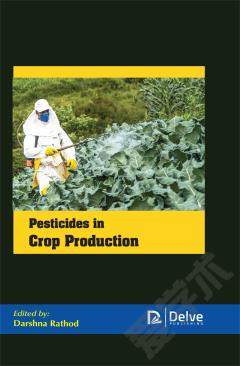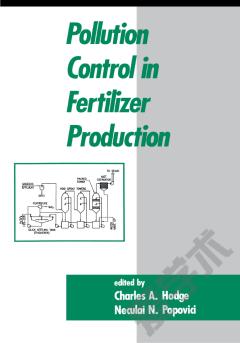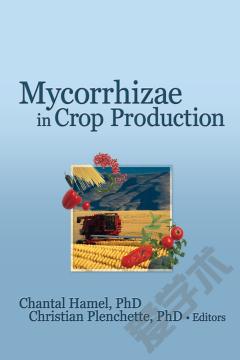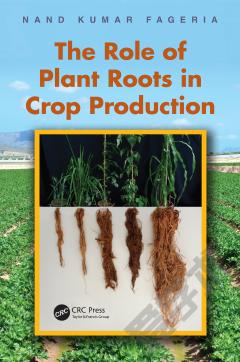Phosphorus Management in Crop Production
The world population is projected to reach nine billion by 2050, and in the coming years, global food demand is expected to increase by 50% or more. Higher crop productivity gains in the future will have to be achieved in developing countries through better natural resources management and crop improvement. After nitrogen, phosphorus (P) has more widespread influence on both natural and agricultural ecosystems than any other essential plant element. It has been estimated that 5.7 billion hectares of land worldwide contain insufficient amounts of available P for sustainable crop production, and P deficiency in crop plants is a widespread problem in various parts of the world. However, it has been estimated that worldwide minable P could last less than 40 years. For sustaining future food supplies, it is vital to enhance plant P use efficiency. To bring the latest knowledge and research advances in efficient management of P for economically viable and environmentally beneficial crop production in sustainable agriculture, Phosphorus Management in Crop Production contains chapters covering functions and diagnostic techniques for P requirements in crop plants, P use efficiency and interactions with other nutrients in crop plants, management of P for optimal crop production and environmental quality, and basic principles and methodology regarding P nutrition in crop plants. The majority of research data included are derived from many years of field, greenhouse, and lab work, hence the information is practical in nature and will have a significant impact on efficient management of P-fertilizers to enhance P use efficiency, improve crop production, promote sustainable agriculture, and reduce P losses through eluviations, leaching, and erosion to minimize environmental degradation. A comprehensive book that combines practical and applied information, Phosphorus Management in Crop Production is an excellent reference for students, professors, agricultural research scientists, food scientists, agricultural extension specialists, private consultants, fertilizer companies, and government agencies that deal with agricultural and environmental issues.
{{comment.content}}








 京公网安备 11010802027623号
京公网安备 11010802027623号